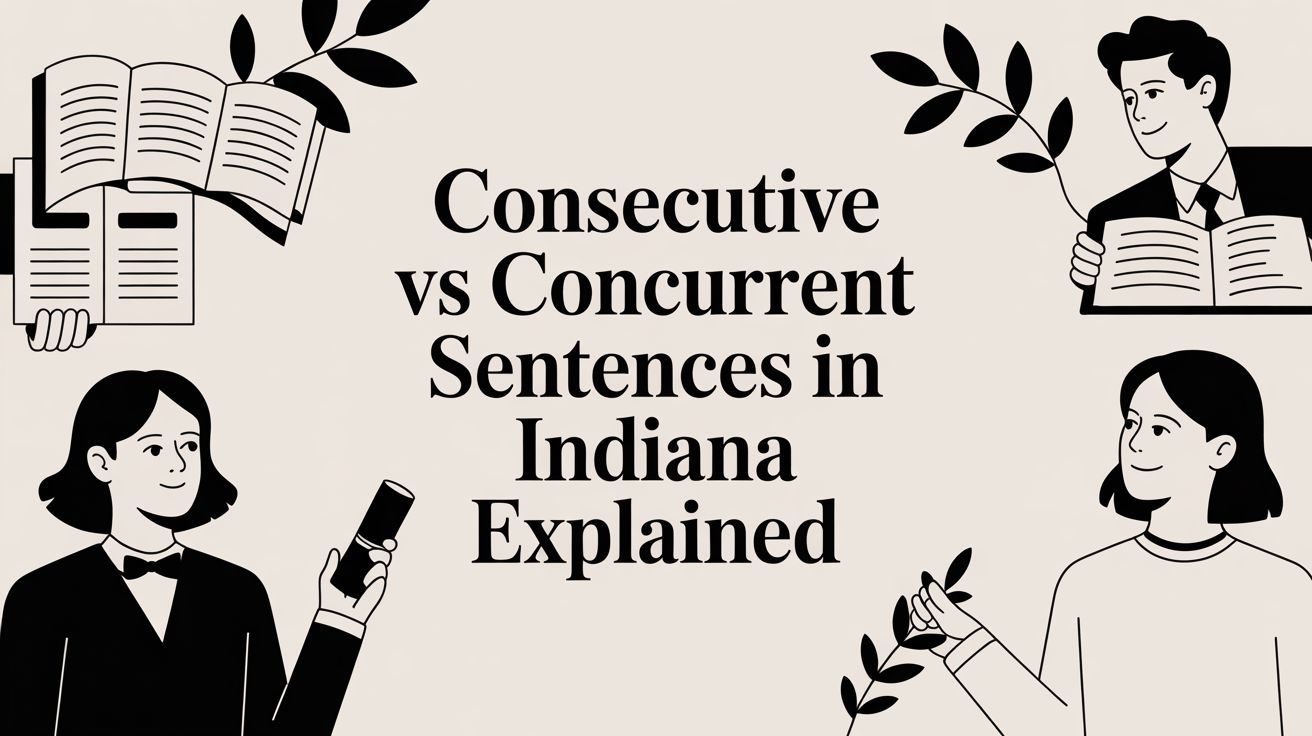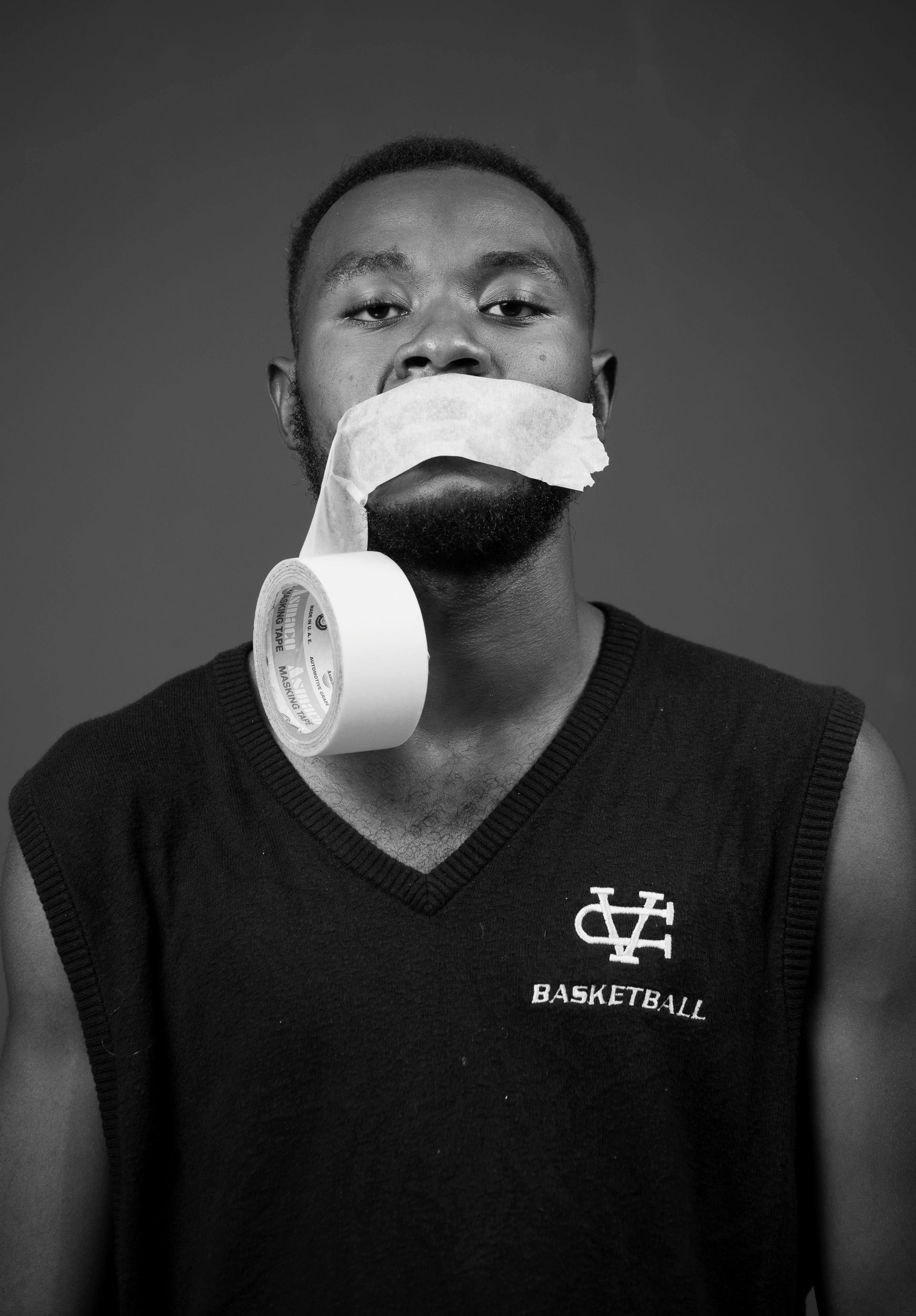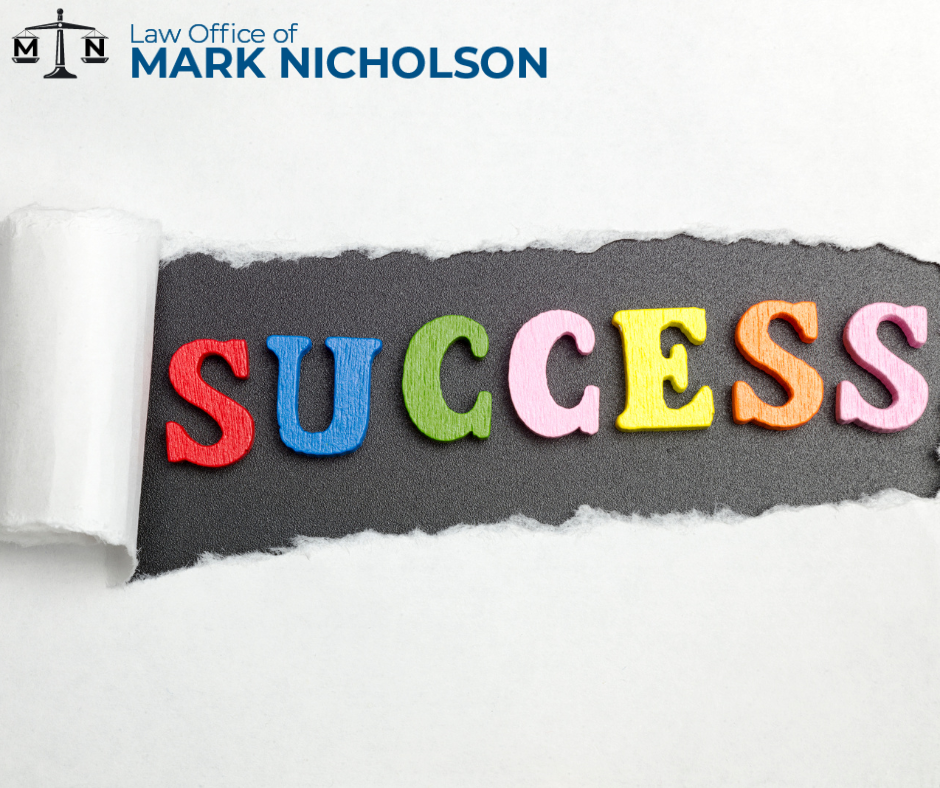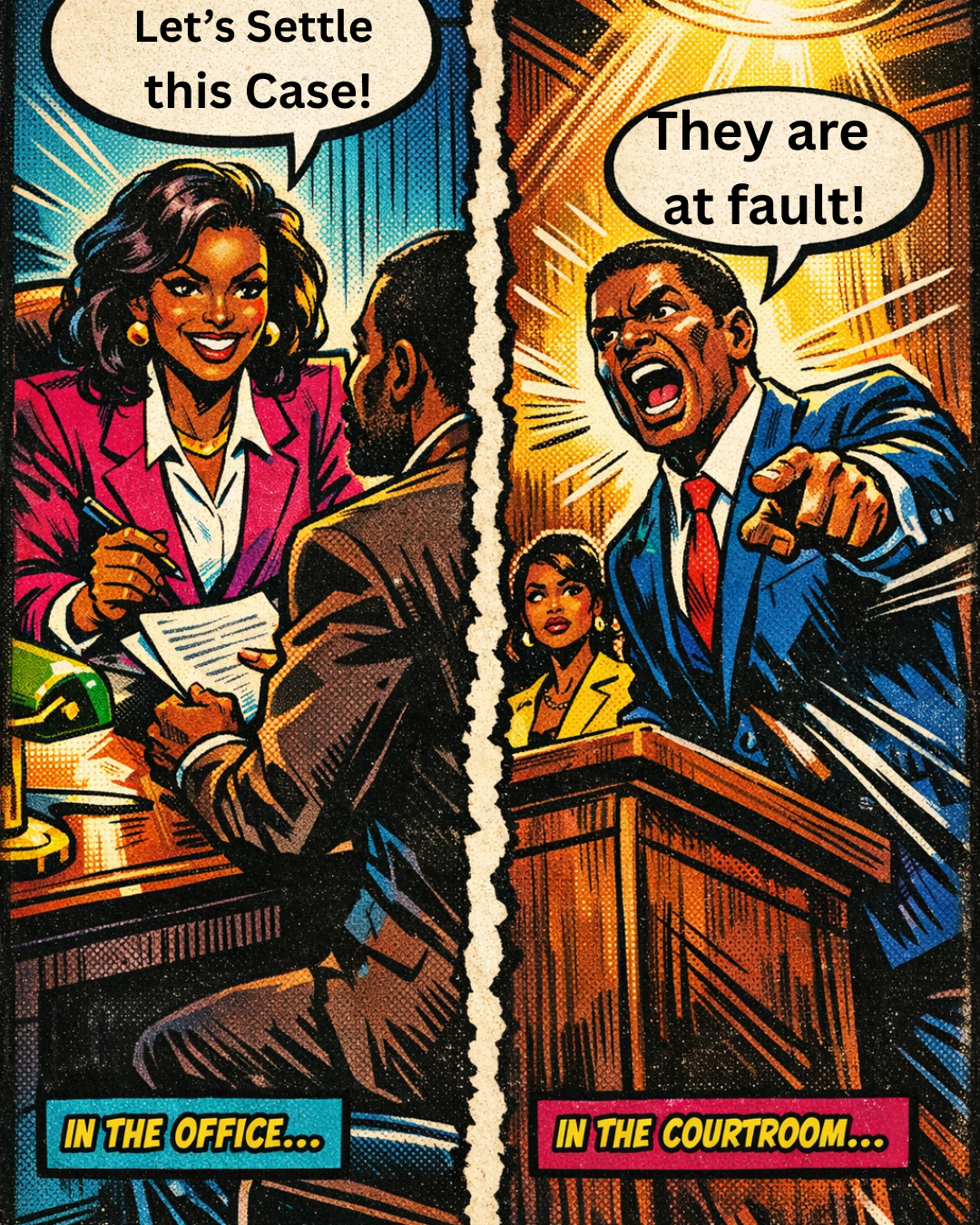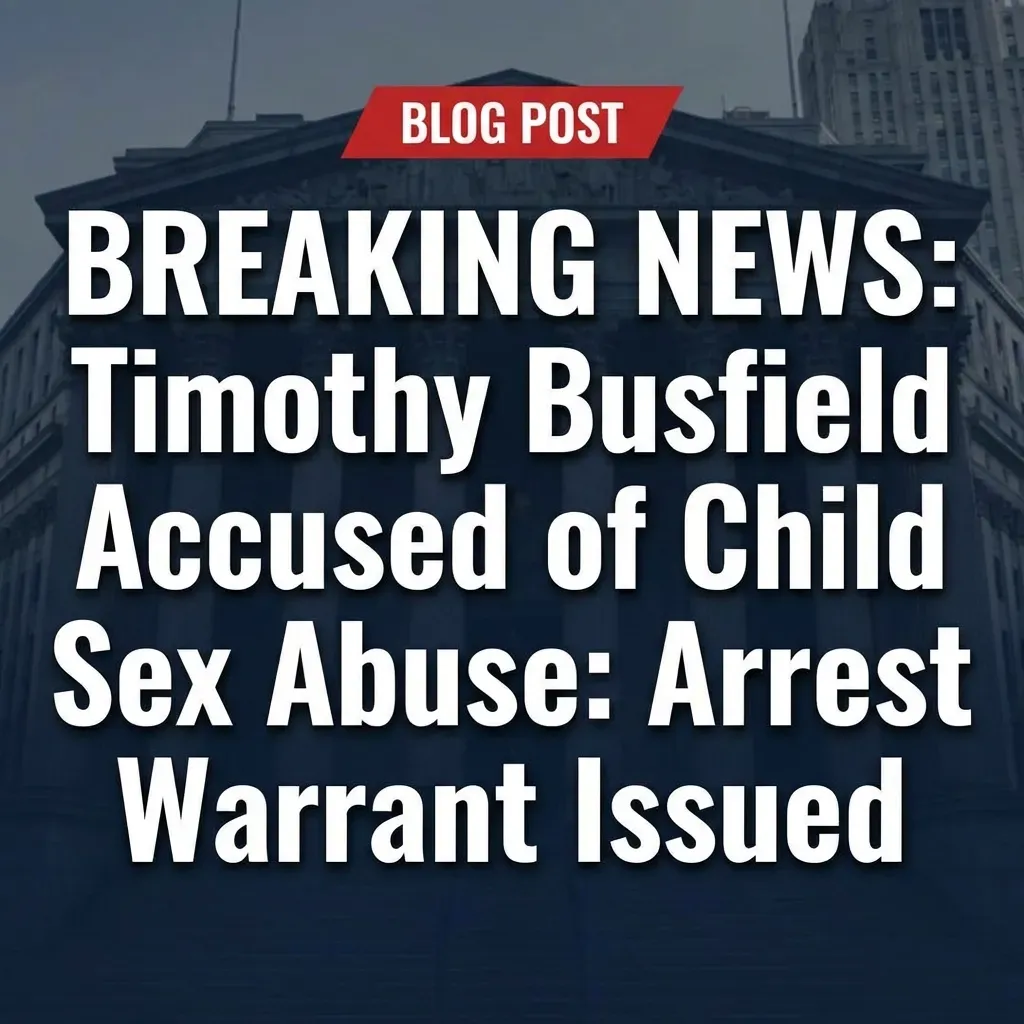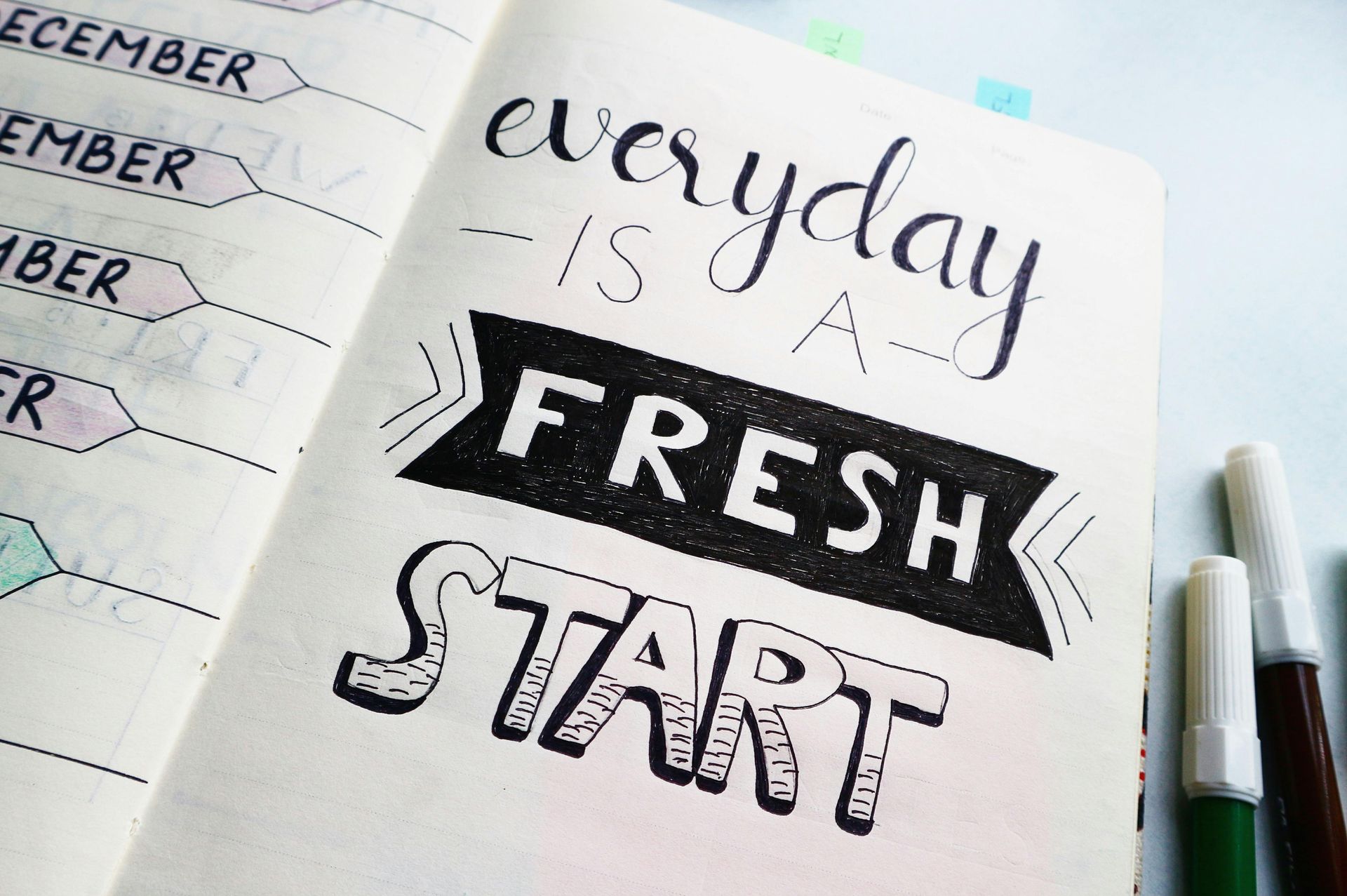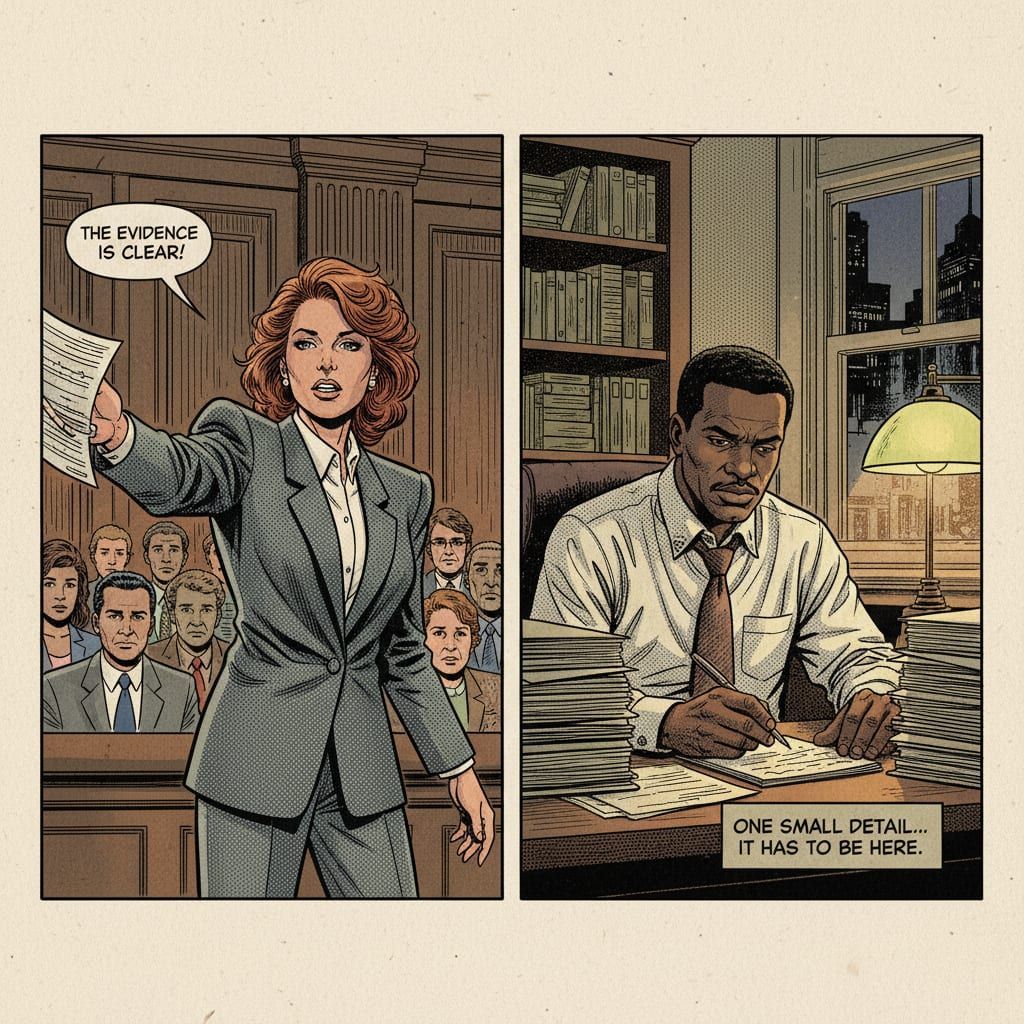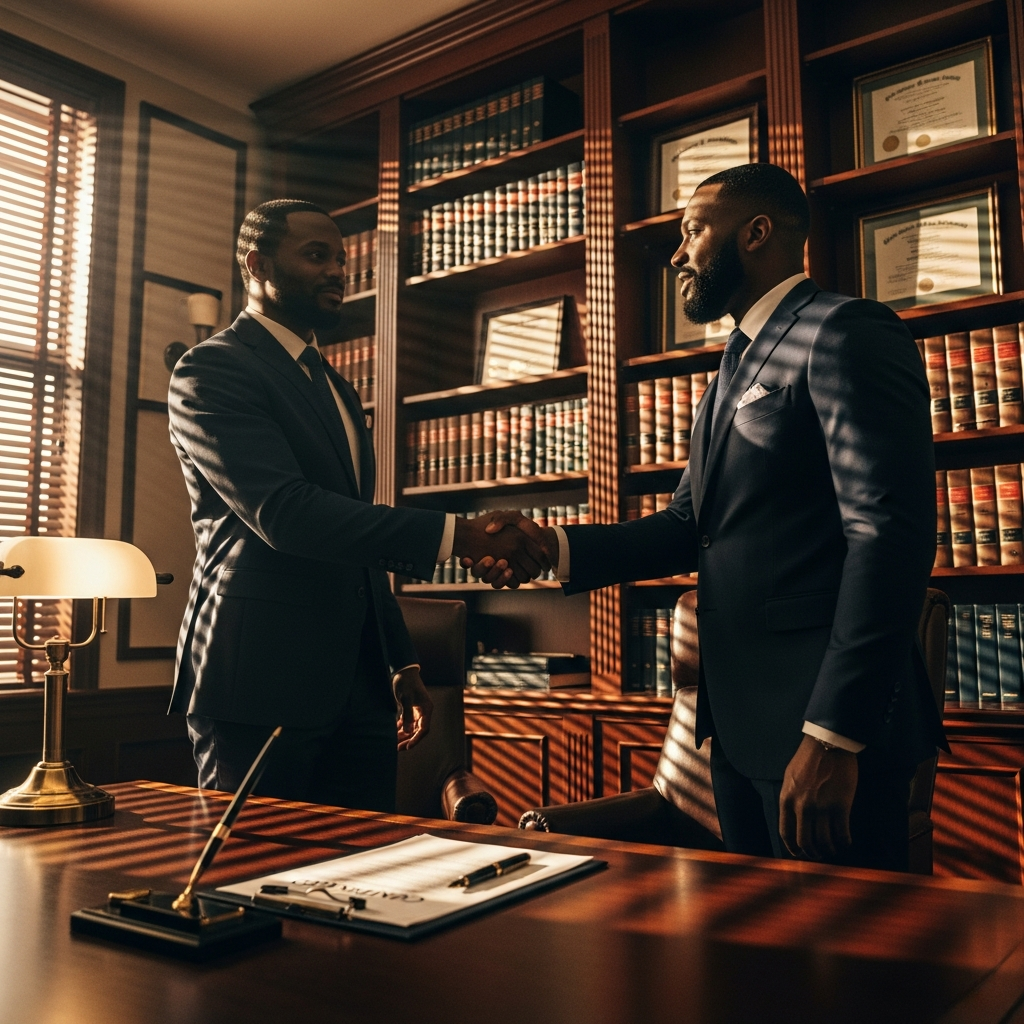Week Seven Updates: Puff Daddy's Trial
The Puff Daddy Closing Arguments
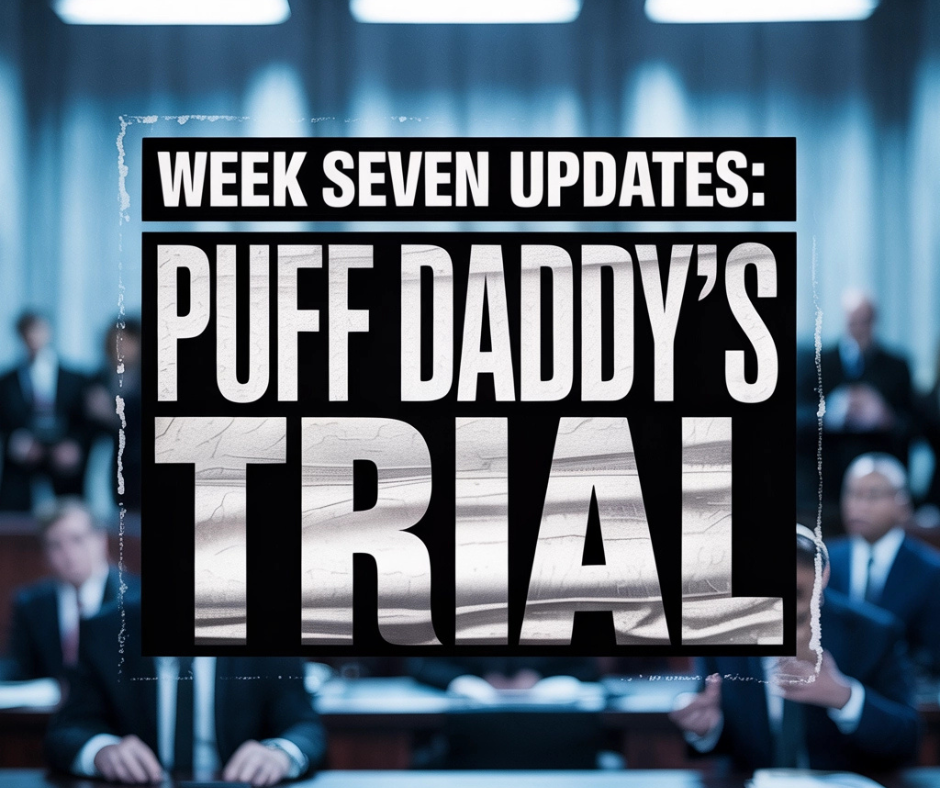
The Final Showdown: Closing Arguments Take Center Stage
As Sean "Diddy" Combs' high-profile trial enters its critical seventh week, the courtroom drama has reached a fever pitch. Both sides have fired their final shots in what has become one of the most closely watched celebrity trials in recent memory. The prosecution delivered a marathon five-hour closing statement, methodically laying out their case against the music mogul, while the defense countered with a four-hour response that aggressively challenged the government's narrative.
Defense attorney Marc Agnifilo didn't just defend his client – he went on the offensive, openly mocking what he characterized as a prosecution case built on flimsy evidence and moral judgment rather than criminal conduct. "He is a self-made, successful, Black entrepreneur.," Agnifilo told the jury. He argued that Diddy is on a “false trial,” that he is not guilty of sex trafficking but is a member of the “swingers lifestyle” who engaged in consensual “threesomes” with his ex-girlfriends and male
entertainers. This is about targeting a successful Black man for his private sex life. His aggressive stance mirrors what many defendants need in high-stakes criminal trials – an attorney willing to fight fire with fire.
The Defense Strategy: Consent, Context, and Counterattack
The defense team's strategy has crystallized around three key arguments that provide valuable insights for anyone facing serious criminal charges:
- Consent as the Ultimate Defense: Agnifilo hammered home that all sexual encounters were consensual, drawing a bright line between immoral behavior and criminal conduct. This distinction is crucial in many criminal cases – what society may find distasteful isn't necessarily illegal.
- Refocusing the Narrative: Rather than allowing prosecutors to paint a broad picture of Diddy's lifestyle, the defense team fought to narrow the jury's focus to the specific charges at hand. When prosecutors highlighted the recovery of large quantities of lubricants from Diddy's home, Agnifilo immediately challenged the relevance, mockingly stating the feds "made America "safe from Astroglide."
- Attacking Witness Credibility: Throughout the trial, and emphasized in closing arguments, the defense meticulously questioned the reliability and motivations of prosecution witnesses. This classic defense strategy reminds us that the burden of proof rests entirely with the prosecution.
At the Law Office of Mark Nicholson, we recognize that crafting a defense strategy requires both aggressive advocacy and tactical precision. The approach taken in high-profile cases like Diddy's offers valuable lessons for defendants facing serious charges.
Jury Deliberations: The Most Critical Phase Begins
Come Monday, June 30, 2025, the fate of Sean "Diddy" Combs will rest in the hands of twelve jurors – eight men and four women who have sat through weeks of testimony ranging from clinical to salacious. Before they begin their deliberations, the judge will provide crucial instructions on how to apply the law to the evidence presented since mid-May.
The deliberation process is often misunderstood by the public. Contrary to dramatic portrayals in television and film, jury deliberations follow strict protocols:
- Jurors must consider only evidence presented in court
- They must follow the judge's instructions on the law
- They must reach a unanimous verdict in federal criminal cases
- They're prohibited from researching the case independently
For defendants, this period of waiting while jurors deliberate can be excruciating. At the Law Office of Mark Nicholson, we prepare our clients for this emotional rollercoaster and remain by their side throughout this uncertain time.
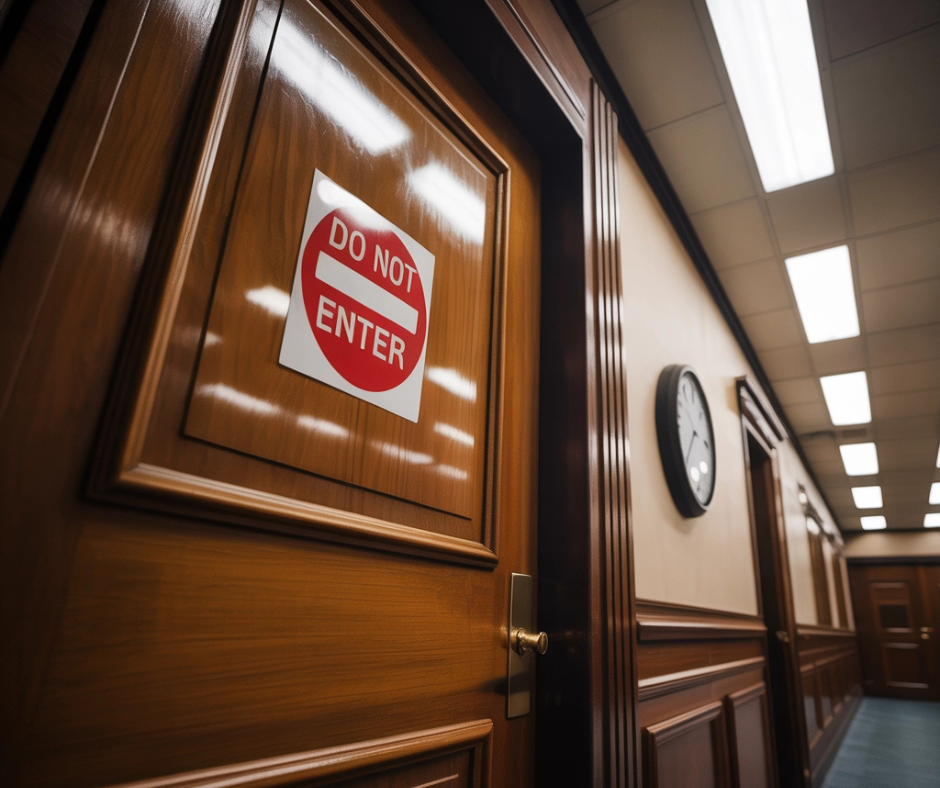
The Strategic Decision Not to Testify
Perhaps one of the most significant developments in week seven was the confirmation that Diddy would not take the stand in his own defense. This decision, while sometimes misinterpreted by the public as an admission of guilt, is often the product of careful strategic calculation.
The Fifth Amendment protects a defendant's right to remain silent, and jurors are instructed not to draw negative inferences from this choice. However, the reality is more complicated.
Here's why remaining silent is often the prudent choice:
- Cross-examination risks: Even well-prepared defendants can make damaging statements under skillful cross-examination.
- Credibility challenges: If a defendant's testimony contradicts other evidence, it can undermine their credibility on all issues.
- Limited value: When the prosecution's case has significant weaknesses, testifying may do more harm than good.
- Prior statements: Defendants with prior inconsistent statements risk having those contradictions exposed.
As criminal defense attorneys at the Law Office of Mark Nicholson, we carefully weigh these factors with each client, recognizing that the decision to testify or remain silent can profoundly impact case outcomes.
Beyond the Spectacle: What the Public Doesn't See
While media coverage has focused on the salacious aspects of the case and speculation about celebrity involvement, the actual trial has centered on methodical presentation of evidence including text message transcripts and videos shown only to the jury.
This highlights an important reality about criminal trials – what happens in the courtroom often differs dramatically from public perception. The prosecution must prove specific elements of each crime beyond a reasonable doubt, not simply establish that the defendant engaged in behavior the public might find objectionable.
The gap between courtroom reality and public perception creates unique challenges for defendants in high-profile cases. At the Law Office of Mark Nicholson, we recognize that managing public perception while focusing on legal defense requires specialized experience.
Legal Analysis: The Charges and Potential Outcomes
The specific charges against Diddy carry significant potential penalties if he's convicted. While sentencing would occur in a separate phase following a guilty verdict, the stakes couldn't be higher for the music mogul.
Federal charges typically carry harsher penalties than state charges, with mandatory minimum sentences for certain offenses and sentencing guidelines that can result in decades of imprisonment. The prosecution's burden is substantial – they must prove each element of each charge beyond a reasonable doubt, the highest standard in our legal system.
Possible outcomes include:
- Acquittal on all charges: If the jury finds reasonable doubt, Diddy walks free.
- Conviction on some charges, acquittal on others: A mixed verdict could still result in significant prison time.
- Conviction on all charges: This worst-case scenario would likely mean decades in federal prison.
- Hung jury: If jurors cannot reach unanimous agreement, prosecutors would need to decide whether to retry the case.
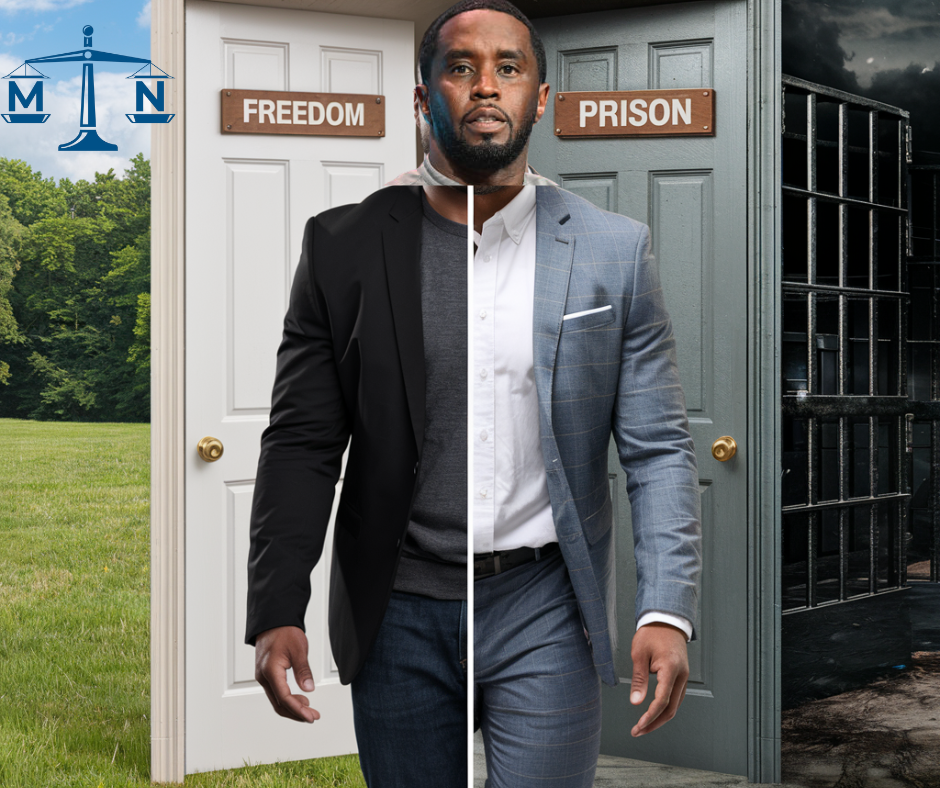
The Waiting Game: What Happens After Deliberations Begin
Once the jury begins deliberations, the waiting game starts. In complex federal cases like this one, deliberations can last anywhere from hours to weeks. The jury may send questions to the judge seeking clarification on evidence or legal instructions, providing small glimpses into their thinking.
For defendants and their attorneys, this period requires patience and preparation. Defense teams typically prepare for all possible outcomes, including immediate post-verdict motions if necessary.
At the Law Office of Mark Nicholson, we stand ready to fight not just through trial but through every post-verdict phase, including appeals if necessary.
Broader Implications: Celebrity Justice and Equal Protection
The Diddy trial raises important questions about celebrity justice. Does fame provide advantages in our legal system, or does it create unique disadvantages? The reality is complex. Closing arguments that lasted several hours is normally unheard of in state and federal criminal cases.
Celebrities can afford top-tier legal representation, a significant advantage in our adversarial system. However, they also face intense scrutiny and pressure from prosecutors who may feel compelled to make examples of high-profile defendants.
The principle that justice should be blind – treating all defendants equally regardless of wealth, fame, or status – remains an aspirational goal rather than a consistent reality. At the Law Office of Mark Nicholson, we believe every defendant deserves the same zealous representation, regardless of their public profile.
The Verdict's Impact: Beyond One Defendant
Whatever the outcome, the verdict in Diddy's case will reverberate beyond his personal fate. High-profile cases shape public perception of the justice system and can influence prosecutorial priorities and legislative responses.
For defense attorneys, these cases provide valuable insights into successful strategies and potential pitfalls. They also highlight the critical importance of experienced, aggressive representation when facing serious criminal charges.
Final Thoughts: Justice in the Balance
As we await the jury's verdict, I expect it will be before the 4th of July, the Diddy trial serves as a powerful reminder of what's at stake in criminal proceedings. Beyond headlines and speculation lies the solemn responsibility of twelve jurors to determine whether the government has met its burden of proof.
At the Law Office of Mark Nicholson, we understand that every criminal case – whether high-profile or unknown to the public – represents someone's life and liberty hanging in the balance. Our commitment to aggressive, effective defense never wavers, regardless of who sits at the defense table.
For those facing criminal charges in Indiana, remember that the right attorney can make all the difference. Don't face the system alone – contact us today to discuss your case and how we can fight for your rights just as vigorously as the attorneys in today's most high-profile trials.

